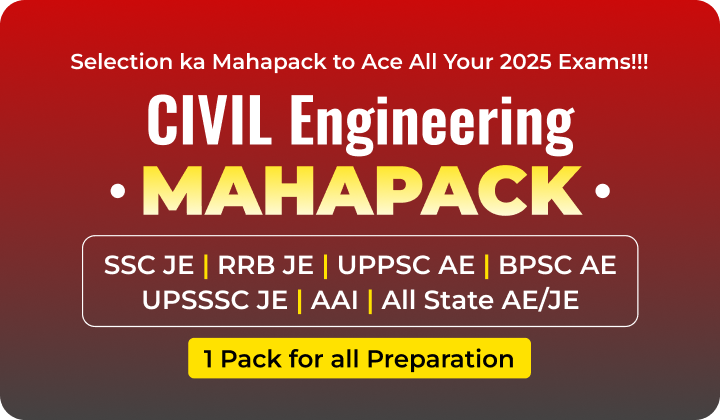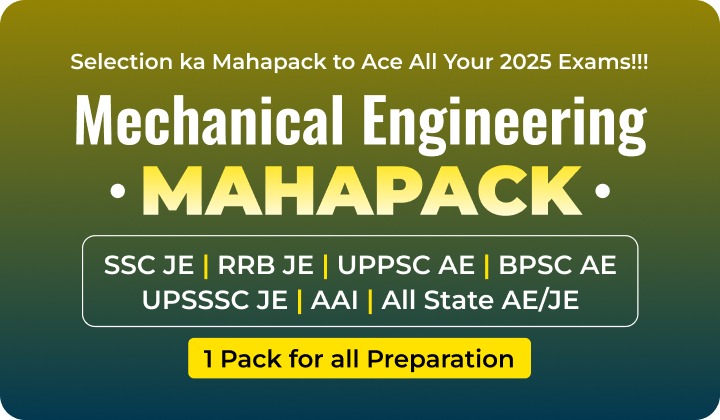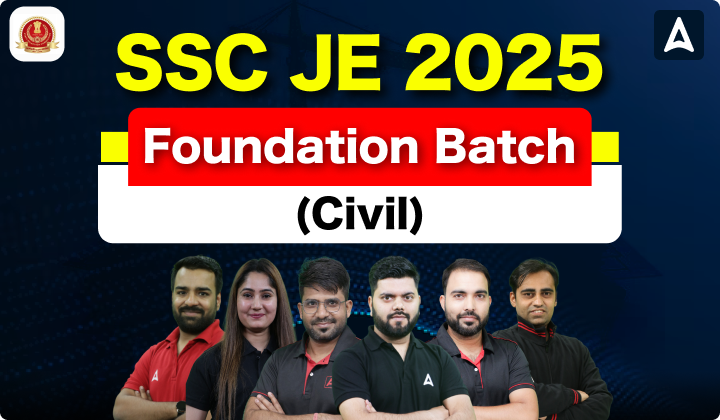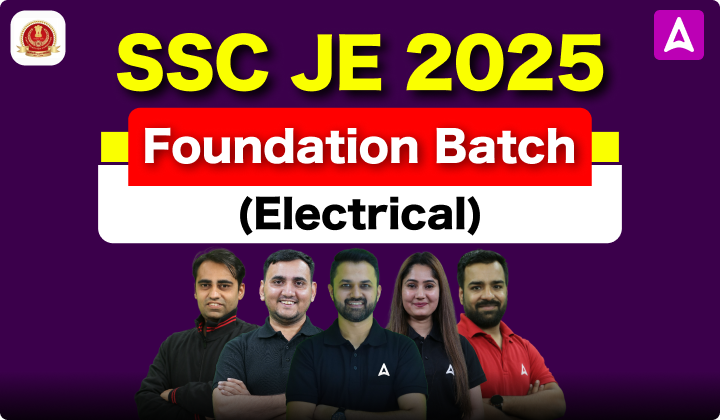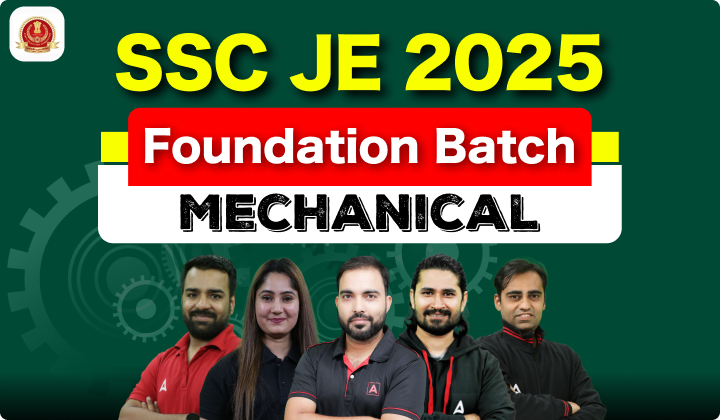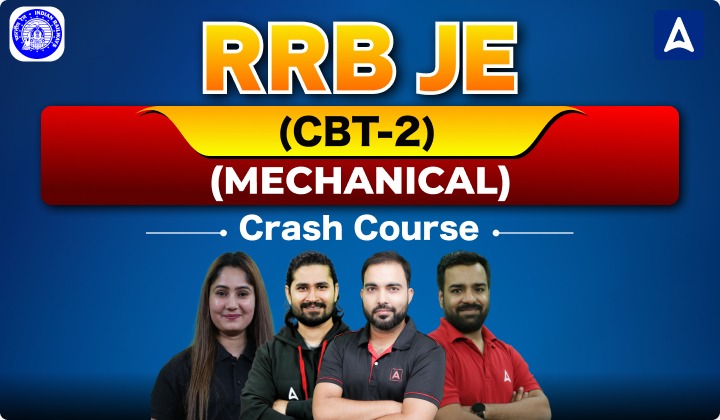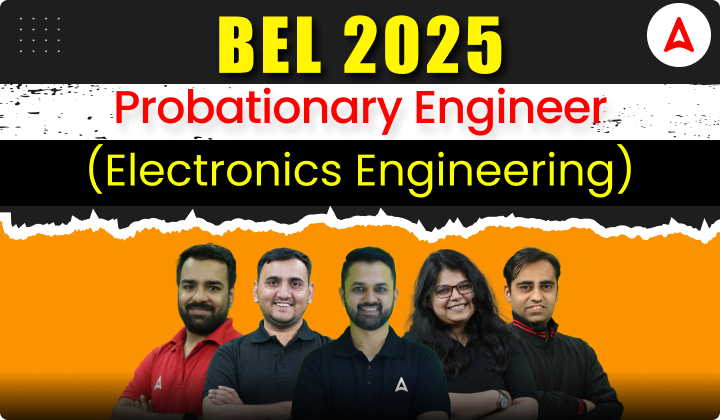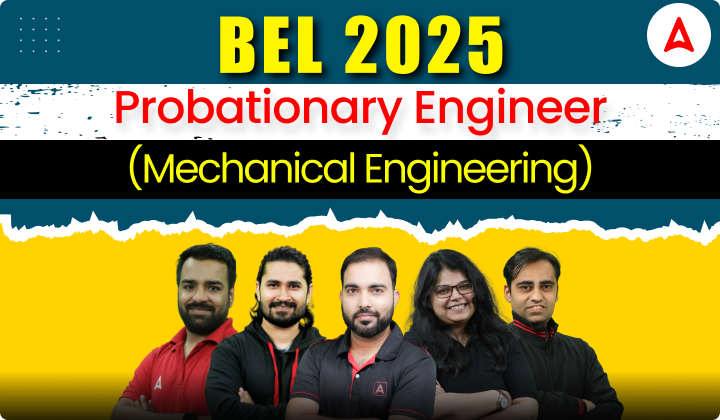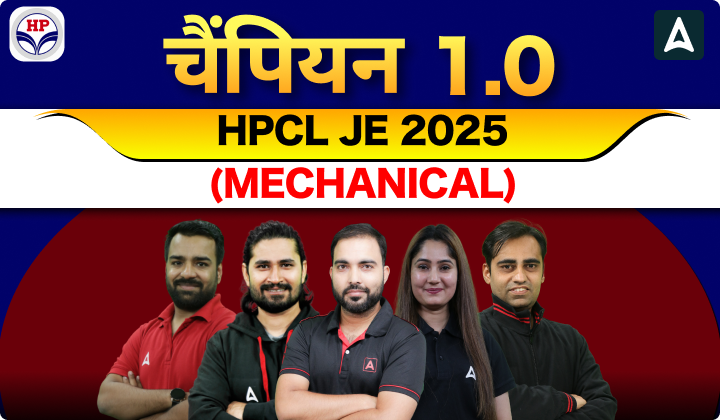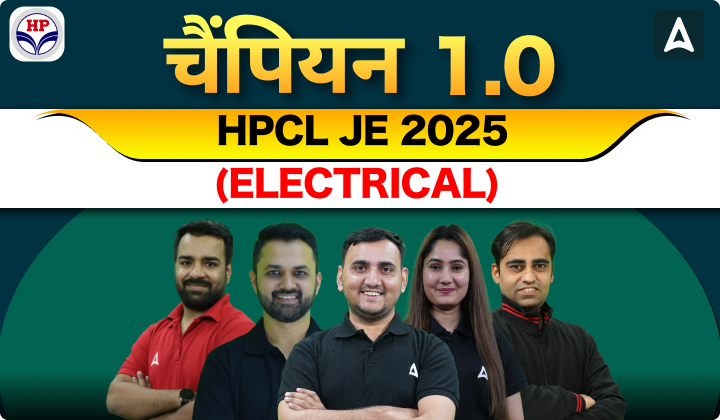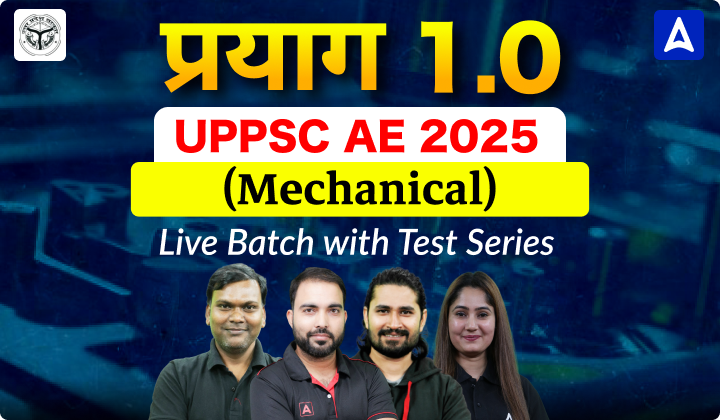Table of Contents
HPSSC JE Syllabus 2024
Himachal Pradesh Staff Selection Commission will soon release the notification for Junior Engineer Posts on its official website @www.hpsssb.hp.gov.in. The candidates preparing for HPPSC JE Exam should know the HPPSC JE Syllabus 2024 and Exam Pattern.
In this article, we have provided the detailed HPPSC JE Syllabus 2024 and HPPSC JE Exam Pattern 2024 for better preparation. Candidates should read the full article carefully and must bookmark this website for further Engineering Job Updates.
HPSSC JE Syllabus 2024 Overview
The HPPSC Junior Engineer exam will be held for the selection of eligible candidates. Candidates must follow this table for more key details of HPPSC JE Syllabus 2024.
| HPPSC JE Syllabus 2024 Overview | |
| Recruitment Authority | Himachal Pradesh Staff Selection Commission (HPSSC) |
| Post Name | Junior Engineer |
| Vacancies | To be notified |
| Category | Engineering Jobs |
| Job Location | Himachal Pradesh |
| HPPSC JE Selection Process | Written Exam | Trade Test |
| HPPSC JE Syllabus 2024 | Available Now |
| HPPSC Official Website | www.hpsssb.hp.gov.in |
HPSSC JE Exam Pattern 2024
The aspirants must understand the HPSSC JE Exam Pattern 2024 well to prepare accordingly for the exam. The exam pattern will convey to you a brief idea to prepare effectively. Refer below to check the detailed HPSSC JE Exam Pattern 2024.
- The total marks for the HPPSC JE Exam will be 100 Marks.
- The total time duration to solve the questions asked in HPPSC JE Exam is 2 hours.
- Each question will be of 1/2 mark.
- There will be 200 Multiples Types Questions (MCQs).
The crux of the HPSSC JE Exam Pattern is given in the table below:
| HPSSC JE Exam Pattern 2024 | |||
| Topic | Questions | Marks | Time Duration |
| Technical Discipline | 120 | 60 | 2 Hours |
| General Knowledge | 80 | 40 | |
| Total | 200 Questions | 100 Marks | |
HPSSC JE Syllabus 2024 Detailed
The candidates must go through the HPSSC JE Syllabus 2024 to understand the difficulty level of the exam and the weightage of all the sections adequately. The HPSSC JE Syllabus assists to plan the preparation for exams well to score the highest marks in the exam.
| HPSSC JE Syllabus 2024 | |
| Topics | Detailed Syllabus |
| General Knowledge of Himachal Pradesh |
|
| Current Affairs |
|
| General English |
|
| General Science |
|
| Reasoning |
|
| Civil Engineering |
STRUCTURAL ENGINEERING Structural Analysis: Analysis of statically determinate trusses, arches, beams, cables, and frames, displacements in statically determinate structures and analysis of statically indeterminate structures by force/ energy methods, analysis by displacement methods (slope deflection and moment distribution methods), influence lines for determinate and indeterminate structures. Concrete Structures: Concrete Technology- properties of concrete, basics of mix design. Concrete design- basic working stress and limit state design concepts, analysis of ultimate load capacity and design of members subjected to flexure, shear, compression and torsion by limit state methods. Basic elements of prestressed concrete, analysis of beam sections at transfer and Steel Structures: Analysis and design of tension and compression members, beams and beamcolumns. column bases. Connections- simple and eccentric, beam–column connections, plate girders and trusses. Plastic analysis of beams and frames. GEOTECHNICAL ENGINEERING Foundation Engineering: Sub-surface investigations- scope, drilling bore holes, sampling, penetration tests, plate load test. Earth pressure theories, effect of water table, layered soils. WATER RESOURCES ENGINEERING Hydrology: Hydrologic cycle, rainfall, evaporation, infiltration, stage discharge relationships, unit hydrographs, flood estimation, reservoir capacity, reservoir and channel routing. Well hydraulics. Irrigation: Duty, delta, estimation of evapotranspiration. Crop water requirements. Design of lined and unlined canals, waterways, headworks, gravity dams, and spillways. Design of weirs on permeable foundation. Types of irrigation systems, irrigation methods. Water logging and drainage, sodic soils. ENVIRONMENTAL ENGINEERING Air Pollution: Types of pollutants, their sources and impacts, air pollution meteorology, air pollution control, air quality standards, and limits. Municipal Solid Wastes: Characteristics, generation, collection, and transportation of solid wastes, engineered systems for solid waste management (reuse/ recycle, energy recovery, treatment, and disposal). Noise Pollution: Impacts of noise, permissible limits of noise pollution, measurement of noise, and control of noise pollution. TRANSPORTATION ENGINEERING SURVEYING |
Now keep yourself updated with Latest Engineering Government Jobs 24×7 Download ADDA247 App Now! CLICK HERE

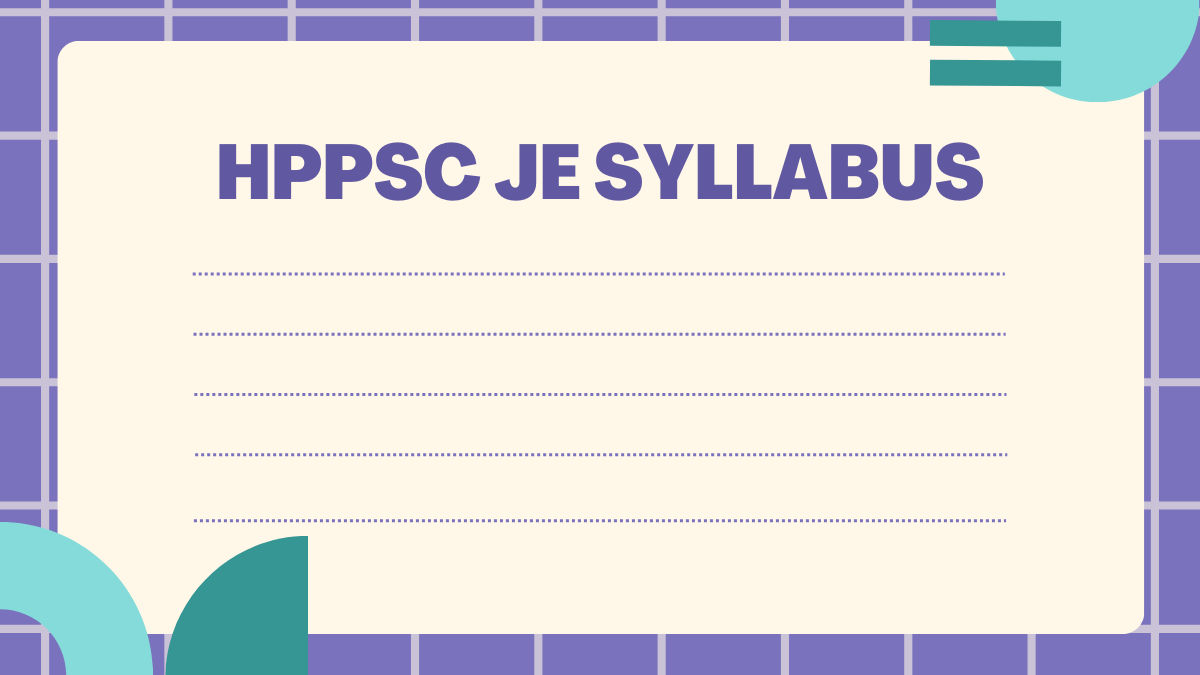


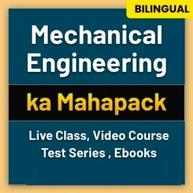


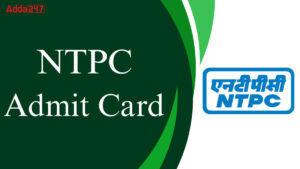 NTPC Assistant Executive Admit Card 2025...
NTPC Assistant Executive Admit Card 2025...
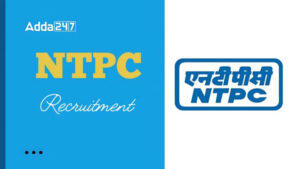 NTPC Assistant Executive Exam Date 2025 ...
NTPC Assistant Executive Exam Date 2025 ...
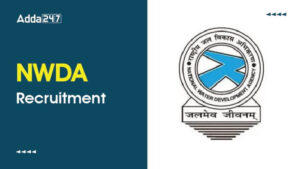 NWDA Recruitment 2025 Notification Out F...
NWDA Recruitment 2025 Notification Out F...

